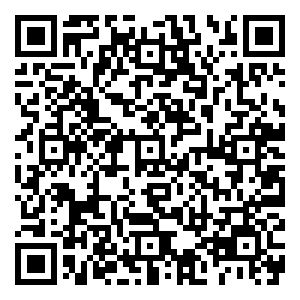By the time we reach our teenage years, we already have our permanent set of teeth. These teeth should last us for the term of our natural lives but occasionally, things go wrong. In the most severe cases, your dentist may recommend extracting the affected tooth or teeth.
If you are suffering with a painful tooth, or have experienced extensive damage to your teeth, your Ace Dental practitioner will discuss all the options available to you.
The most common reasons you dentist may give your for needing to extract your teeth may be because the instance of tooth decay, infection or damage is so severe, that restoration treatments are not possible. Occasionally, in some patients, wisdom teeth are extracted to eliminate overcrowding which makes cleaning your teeth quite difficult.
At Ace Dental, we believe in doing everything possible to avoid this process, however, sometimes it is unavoidable. Rest assured, that your dentist will explore every other option before recommending a tooth extraction.
There are two types of tooth extraction your dentist may perform:
This type of tooth extraction is quick and easy. Your dentist will give you a local anaesthetic so you won’t feel any pain. This type of extraction is possible when the affected tooth is still visible above the gum line. This means your dentist can extract the tooth using non-surgical equipment. In most cases, the tooth can be extracted in mere moments. Your dentist will then place cotton pads in your mouth to contain the bleeding. This bleeding should only last for a short while. In cases of severely infected teeth, you may be prescribed a course of antibiotics following tooth extraction to prevent any residual infections.
In extreme cases where the tooth is hidden beneath the gum line, or has decayed to the point where the dentist is unable to clasp on to any part of the tooth for a successful extraction, surgical extraction may be the only option. Depending on the severity and extent of the problem, you will be given a local anaesthetic which may be coupled with an intravenous anaesthetic. In the most extreme cases, a general anaesthetic may be needed so the patient is not conscious for the extraction. With surgical extraction, the dentist will need to cut into the gum line in order to be able to remove the affected tooth and other parts that cannot be treated.
It should only take you a few days to completely recover from a tooth extraction. You can accelerate recovery by eating soft foods and avoiding anything that is too hot or too cold. If it is at all possible you should also rest for a few hours following tooth extraction. Prop yourself up on a few pillows and relax.
Get in touch
